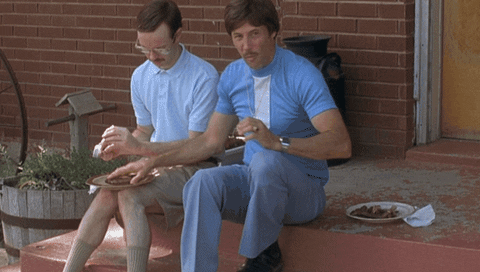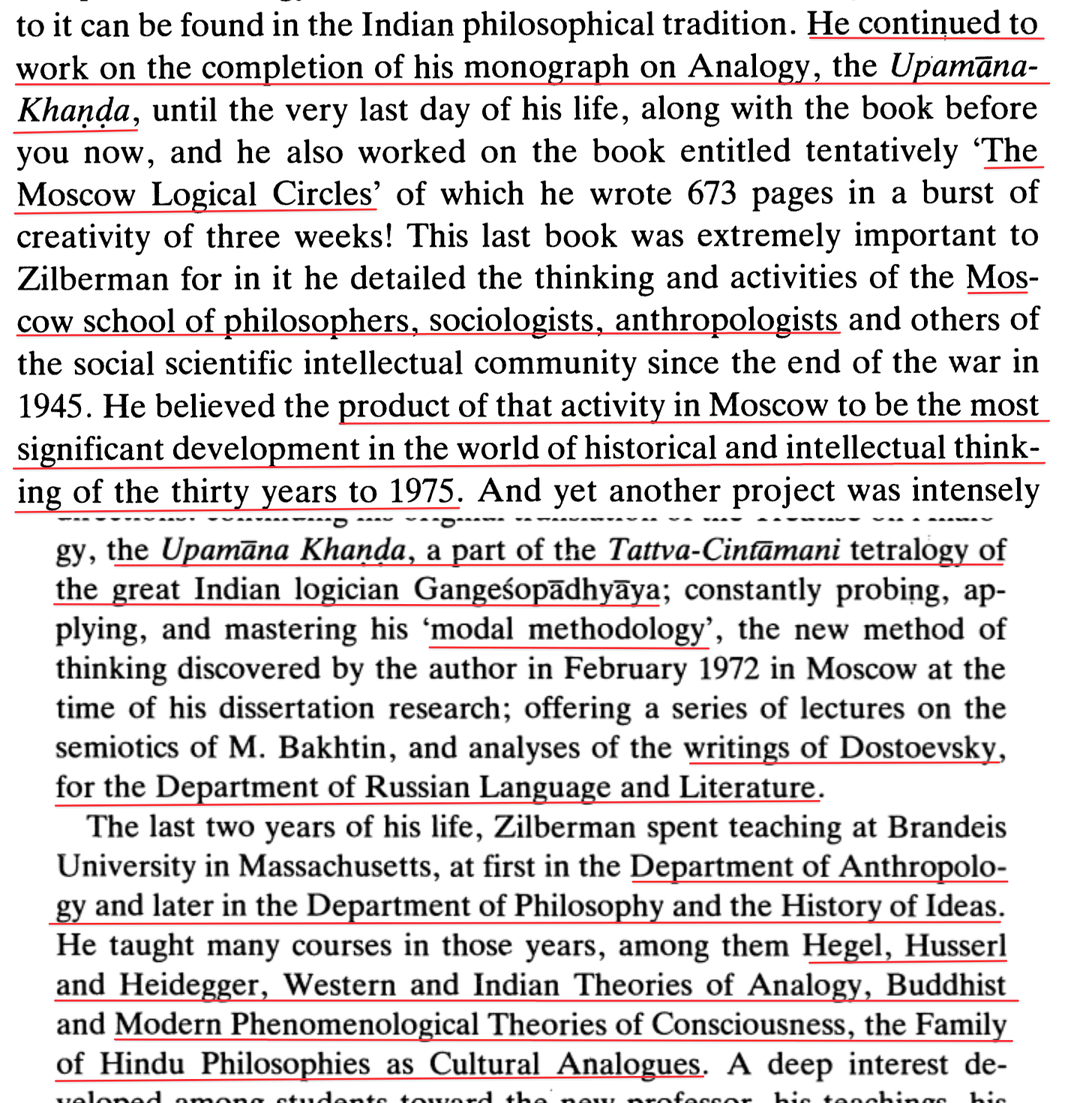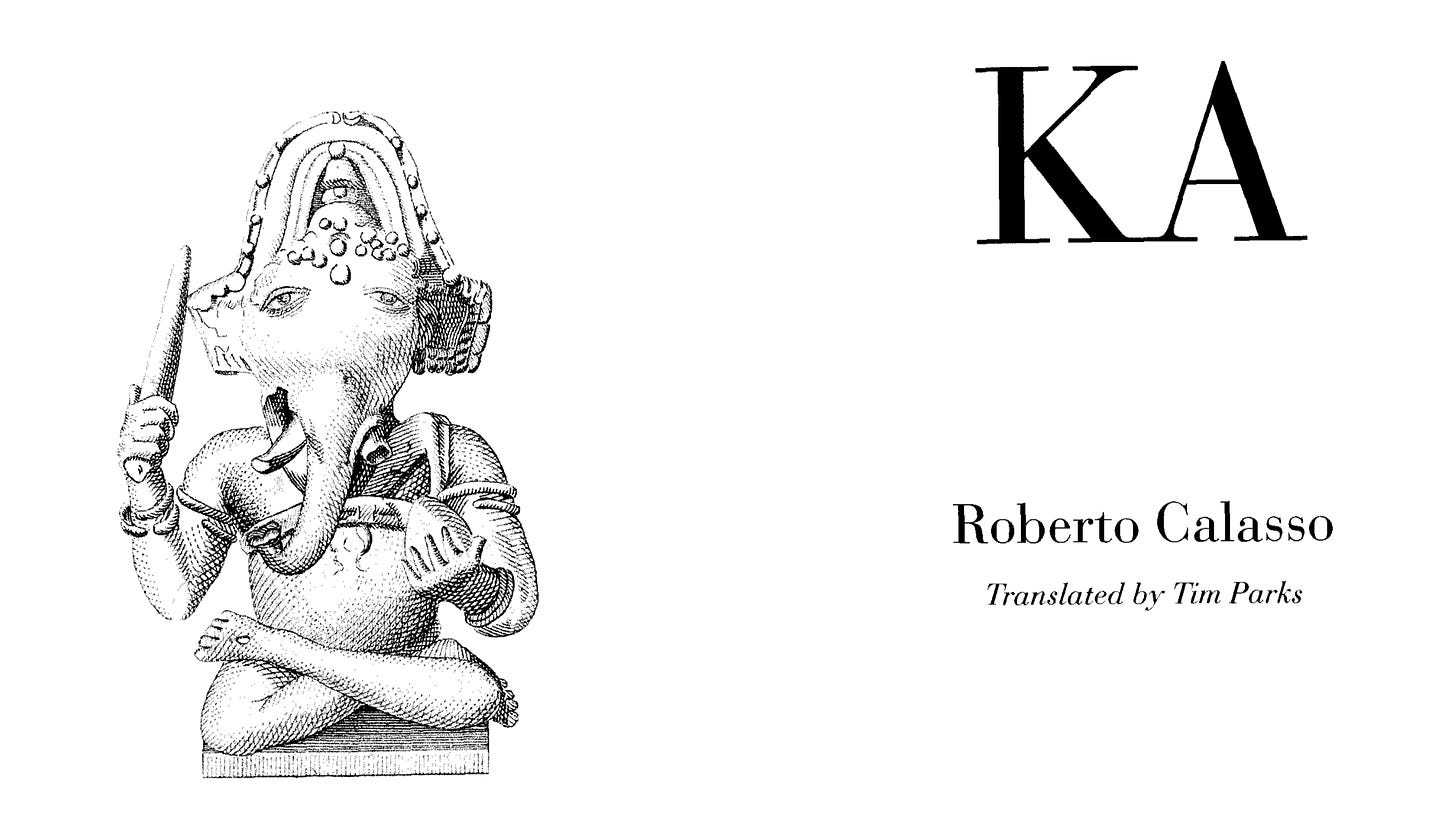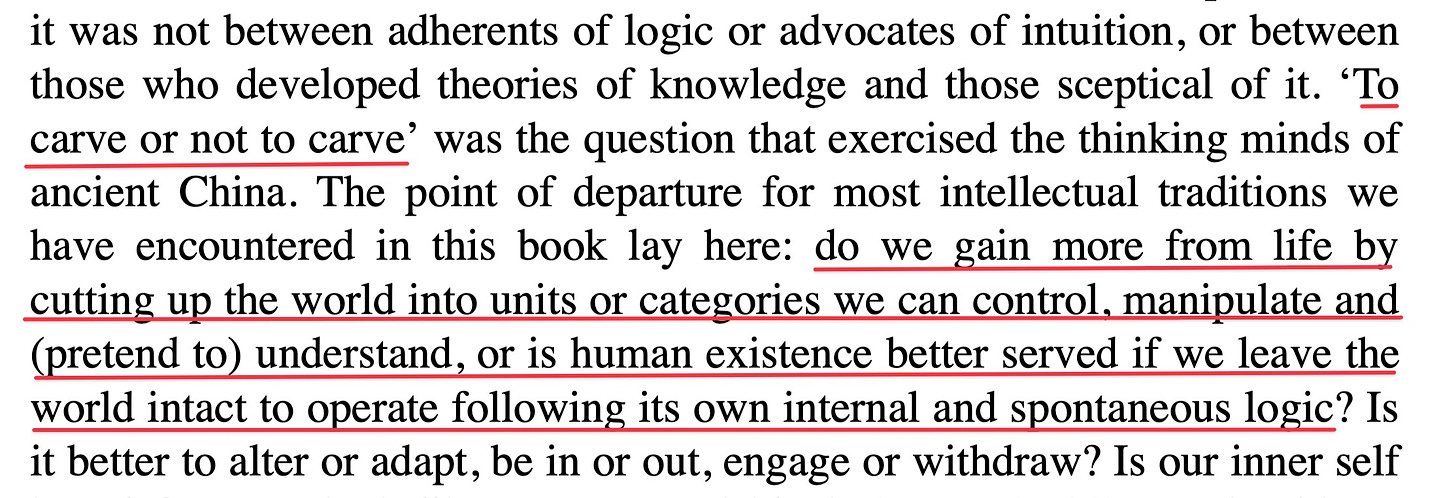Like & Share
Your weekly reminder that sharing is caring. Liking ❤️ ain’t so bad either.
Newslet
Tejal Rao is a food critic for the NY Times, not a section to which I pay a lot of attention. But she did this subtle takedown of French Laundry which reaffirmed my distaste for Gavin Newsom’s maskless behavior at that famed restaurant. Tejal has this new piece on a Museum of Smells, which is more a memory palace of smells - a notebook of smell memories that move people after many years. My favorite:
I recently used my soldering iron to repair some damaged wiring, and, as the soldering wire melted and released its intense odor of rosin, which is used as a flux, I was transported back to my father’s backyard shed where, for a hobby, he repaired radios and TVs.
If I could pen an entry in the museum, it would be: growing up in North India, I remember these guys who would come in a bicycle and clean large pots and pans - covered with grime after months or years of cooking - with a combination of steam and chemicals that I can never forget.
Oh, and this picture of fragrant flowers that my mom & dad just sent me.
Xiden
These updates have meandered from election data to Trump’s behavior to people worth watching and back. I want to settle down a bit and cover a few topics in depth. I will be covering Biden’s relationship with China for the next two weeks. That’s the first topic to be covered in some depth followed by climate and COVID
Next two weeks: Xiden, aka Biden meets China
Then two weeks of Cliden: Biden and Climate
And a final two weeks of Viden - Biden and COVID
Perhaps not in that order - Viden and Cliden could be switched if there are developments about the vaccine or case loads that need immediate attention.
These three are truly wicked problems that Biden needs to address.
Six weeks from now, we will know a lot more about the transition - who knows, Trump might have even conceded. I hope to have more to say about the shape of his administration in January.
Some apologies in advance. I have too shallow an understanding of China and its history to take on a ‘native’ perspective. So the next two weeks will be an Indian-Chinese concoction - the way Hakka Noodles are an Indian dish pretending to be from China.
I have a specific goal. One of the central features of the Chinese tradition is what’s called ‘correlative thought’ - best exemplified in the Yin-Yang symbol.
Correlative thought has correlates in India as well - the famous Upanisadic Mahavakya, ‘Tat Tvam Asi,’ comes to mind. My goal is to get a grip on the tradition of correlative thinking in China while analyzing Xiden.
The canonical references are:
Angus C. Graham, Disputers of the Tao: Philosophical Argument in Ancient China,
Robin R. Wang, Yinyang: The Way of Heaven and Earth in Chinese Thought and Culture.
David Zilberman’s work on Modal Thought based on analogical thinking in the Indian tradition might also be useful. Zilberman is a fascinating character: a Kabbalist-Buddhist-Rationalist who also worked on sociology, anthropology etc
Zilberman died too young “in July 1977 after a car-bicycle collision while returning home from his last seminar with his students at Brandeis.” Perhaps we can build upon the modal methodology he inaugurated with a Chinese layer on top. Let’s also not forget the Roberto Calasso’s magical summary of Indian thought in Ka and the cognitive linguistic approach to correlative thinking in Lakoff and Johnson’s Philosophy in the Flesh.
Just to be sure, the marker of success isn’t to fix correlative thought inside an Aristotelian frame, but to think and write in the correlative style so that the thinking and writing feels ‘right’ to a contemporary reader.
It’s to do correlative thought. That success is a long ways away.
Quick summary of the next two weeks — In the background: correlative thought in China & India. In the foreground: Xiden.
Carving or Leaving?
I just finished Roel Sterckx’ Ways of Heaven, a one volume summary of Chinese thought. At the very end, he says:
That tension between carving and leaving alone is playing out in China’s approach to the world isn’t it? Is Xi a carver or a leaver? My bet’s on the former, for Xi is a man of his times, casting himself as the ‘son of heaven’ the traditional Chinese phrase for the Emperor, and more generally, there’s an explicit attempt in China to draw a connection between today’s China and the China of the axial age of Kong Fuzi (Confucius) and Laozi (the founder of Daoism). Unlike the USSR, which saw itself as the true inheritor of the European enlightenment (the US being the other), China is now recasting itself as having digested the enlightenment and returned to its Confucian roots. If that’s correct, China poses the first serious alternative to ‘Western civilization qua Western civilization’ in a long time. There are three possibilities here:
There’s genuine, unbroken continuity between the Confucian civilization of the past and the China of the present, and it’s time for the Middle Kingdom to become great again.
There isn’t real continuity but there’s enough imagined continuity projected back into the past to sustain the claim it’s time for the Middle Kingdom to become great again.
There’s neither real nor imagined continuity and the Middle Kingdom can’t be made great again.
Xi is banking on 1 & 2. Lee Kuan Yew, the famed Singaporean statesman agrees with him. In this book (next on my reading list), Yew says:
It’s not just an economic alternative; the Middle Kingdom poses a political alternative as well - the everlasting empire as Yuri Pines calls it. Of course, the Middle Kingdom can’t be a literal kingdom, while he’s a metaphorical princeling, Xi is not a hereditary ruler. Which means that we have to replace the son of heaven, with the son of the people. If that becomes a succesful model with a well defined transition, China will be an experiment in expanding the idea of sovereignty. The son of the people will have to content with the people of heaven - the desire to make China great again is widespread, perhaps the one thing all Chinese agree about, independent of how it’s done. Back to Yew:
Still when you raise expectations, you have to deliver. How easy is that going to be?
It’s seven years since that interview and we have a better sense of how they are going to fry the small fish. The temptation to go for gold must be overwhelming. I mentioned the Thucydides trap in a previous essay. We will seat the Greek general next to Master Kong in a train compartment for fourteen days and ask them to send reports of the passing scenery.
References
More for my benefit than yours, here are the references that will come in handy over the next two weeks:
Sterckx, R. (2019). Ways of heaven: an introduction to Chinese thought. Basic Books.
Allison, G., Blackwill, R. D., & Wyne, A. (2013). Lee Kuan Yew: the grand master's insights on China, the United States, and the world. MIT Press.
Allison, G. (2017). Destined for war: Can America and China escape Thucydides's trap?. Houghton Mifflin Harcourt.
Pines, Y. (2012). The everlasting empire: The political culture of ancient China and its imperial legacy. Princeton University Press.
Benite, Z. B. D., Geroulanos, S., & Jerr, N. (Eds.). (2017). The Scaffolding of Sovereignty: Global and Aesthetic Perspectives on the History of a Concept. Columbia University Press.
Graham, A. C. (2015). Disputers of the Tao: Philosophical argument in ancient China. Open Court.
Wang, R. (2012). Yinyang (Vol. 11). Cambridge University Press.
Zilberman, D. B. (2006). Analogy in Indian and Western philosophical thought (Vol. 243). Springer Science & Business Media.
Zilberman, D. B. (2012). The birth of meaning in Hindu thought (Vol. 102). Springer Science & Business Media.
Calasso, R. (1999). Ka: Stories of the mind and gods of India. Vintage Books.
Lakoff, G., & Johnson, M. (1999). Philosophy in the flesh: The embodied mind and its challenge to western thought (Vol. 640). New York: Basic books.
Epilogue
If you’ve come this far, you might as well leave on a high note by













